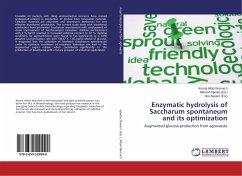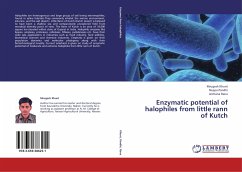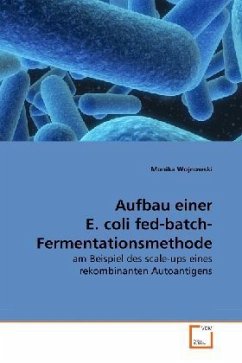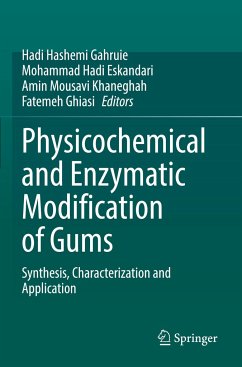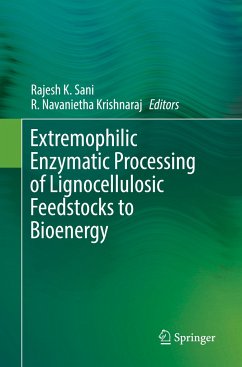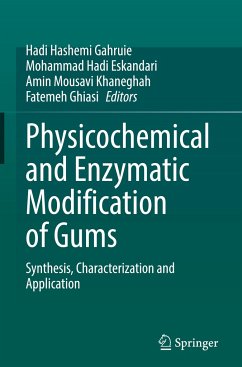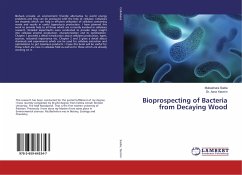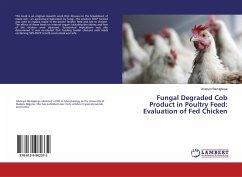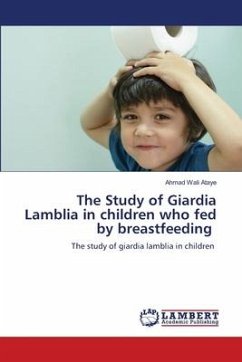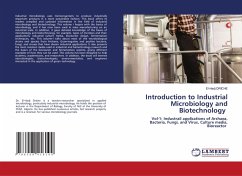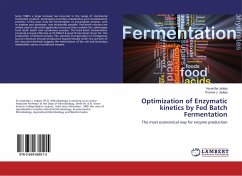
Optimization of Enzymatic kinetics by Fed Batch Fermentation
The most economical way for enzyme production
Versandkostenfrei!
Versandfertig in 6-10 Tagen
27,99 €
inkl. MwSt.

PAYBACK Punkte
14 °P sammeln!
Since 1980's a large increase has occurred in the range of commercial fermented product, particularly secondary metabolites and recombination proteins. In the past, only the fermentation of extracellular enzyme, such as amylase and proteases, was industrially possible. Fed batch reactors are widely used in industrial applications because they combine the advantages from both batch and continuous process. The feed batch fermentation protocol proved effective with DNG/f.b- ase19 microbial strain for the production of desired enzyme. The periodic incorporation of nitrogenous source enhances enzym...
Since 1980's a large increase has occurred in the range of commercial fermented product, particularly secondary metabolites and recombination proteins. In the past, only the fermentation of extracellular enzyme, such as amylase and proteases, was industrially possible. Fed batch reactors are widely used in industrial applications because they combine the advantages from both batch and continuous process. The feed batch fermentation protocol proved effective with DNG/f.b- ase19 microbial strain for the production of desired enzyme. The periodic incorporation of nitrogenous source enhances enzyme production logarithmically while the growth of the inoculant declined suggests the maturization of the cell and secondary metabolites nature of produced enzyme.



